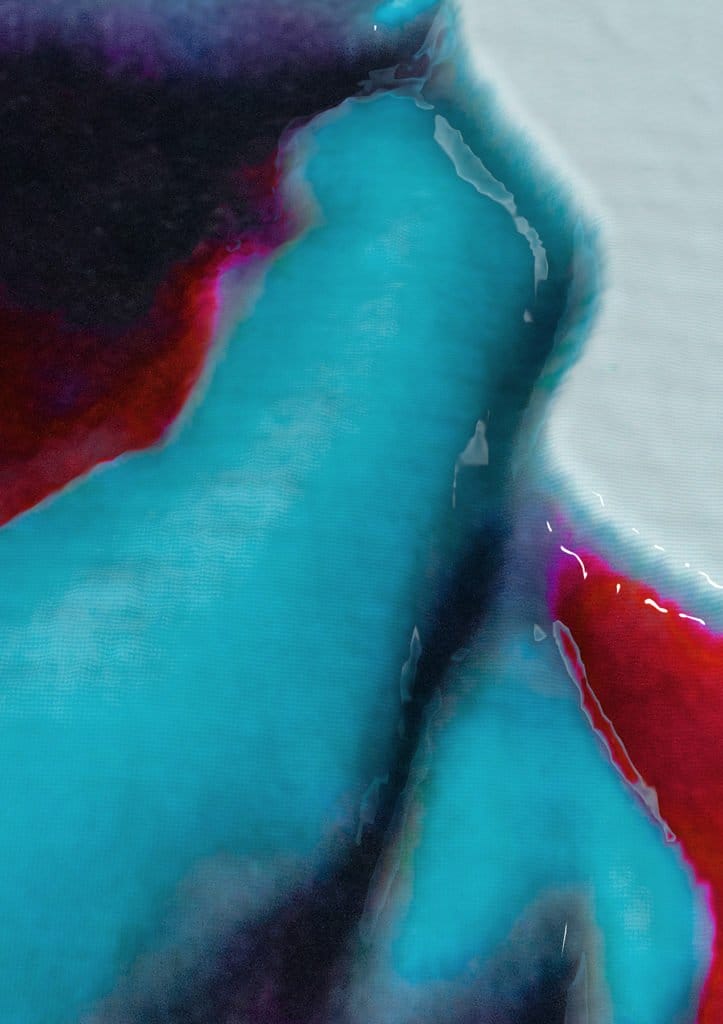How Many Mad Scientists Does it Take to Change a Light Bulb?
The question twisted my guts, triggering an uncontrollable urge to pee.
10,000 applicants for one scholarship to the world’s most prestigious university. If not me, a life mining coal like dad, both granddads, four great granddads. Grades made the first cut. Board scores the second. Extra-curriculars the third. Interview, the fourth. Now the essay. 100 finalists. One winner. No runners up, no honorable mentions. 99 losers. Other scholarships? Too much coal dust under my fingernails, in my lungs, in my DNA.
My bladder felt like a pressure cooker without a safety valve.
Found an answer online: One to map the bulb to Euclidian space, one to compute the covariant. 99 other laptops glowed with the same answer. Fiendish, allowing us to use our laptops. I wracked my brain.
None because we don’t have electricity. Too third worldish.
My bladder felt volcanic, lava ready to spew forth.
An infinite number to debate whether light bulbs existed. Too philosophical.
I hailed the proctor. I begged.
No bathroom breaks.
I cursed.
Four, one to propose to change the bulb, one to obstruct the change, two to debate whether it needed changing. Too Congressional.
I Googled Edison. Light bulb jokes hadn’t been invented yet.
Two, one to change the bulb, one to replace it with the original bulb for reasons of editorial clarity. Too New Yorkerish.
I squeezed my legs together, squirming in agony.
A dude closed his laptop, handed in his blue book, departed with middle finger raised in triumph.
Two, one to change the bulb, one to write a song of nostalgia about the original bulb. Too folklorish.
A second person, a third, a dozen, the room emptied. My bladder wished it could as well. I loosened my belt to lessen the pressure. A minute or two of relief.
Buridan’s Ass, the philosophy anecdote from college days. Unable to decide whether to change the bulb or not, the mule stood paralyzed in the dark. Too paradoxical.
I was alone with the proctor who tapped his wristwatch with impatience. My underpants dampened. In pain, I scrawled words in my blue book, hurled it at the proctor, raced to the men’s room, my pee arcing into the distant urinal, a perfect one color rainbow.
None, I had scribbled. Light bulbs don’t wear diapers.
I won the scholarship.
Liss whose first novel was published in July, 2020 is a multiple Pushcart Prize nominee, a nominee for the storySouth Million Writers Award, and a finalist for the Flannery O’Connor Short Fiction Prize sponsored by University of Georgia Press, the St. Lawrence Book Award sponsored by Black Lawrence Press, and the Bakeless Prize sponsored by Breadloaf Writers’ Conference and Middlebury College. He has published more than 50 short stories. He has received numerous awards and other forms of recognition for individual short stories including The Florida Review Editor’s Award for Fiction; James Still Prize for Short Fiction sponsored by Wind; Midnight Sun Award for Fiction sponsored by Permafrost; Third prize in the Arthur Edelstein Prize for Short Fiction; Finalist for the Raymond Carver Award for Short Fiction sponsored by Carve Magazine; and Honorable Mention in the New Letters Literary Award for Fiction and the Glimmer Train June, 2014 Fiction Open. Liss has also been published in The Saturday Evening Post, Alfred Hitchcock Mystery Magazine, The South Dakota Review, The South Carolina Review, Dogwood, The Worcester Review, Fifth Wednesday Journal. He earned a BA from Amherst College, Amherst, MA; a JD from Columbia University School of Law, New York, NY; and an MFA from Emerson College, Boston, MA. He was the recipient of a Grant-in-Aid in Literature from the St. Botolph Club Foundation, Boston, MA where he leads a workshop in writing fiction.



